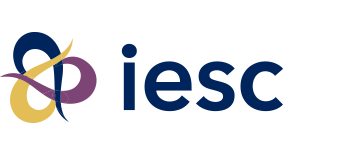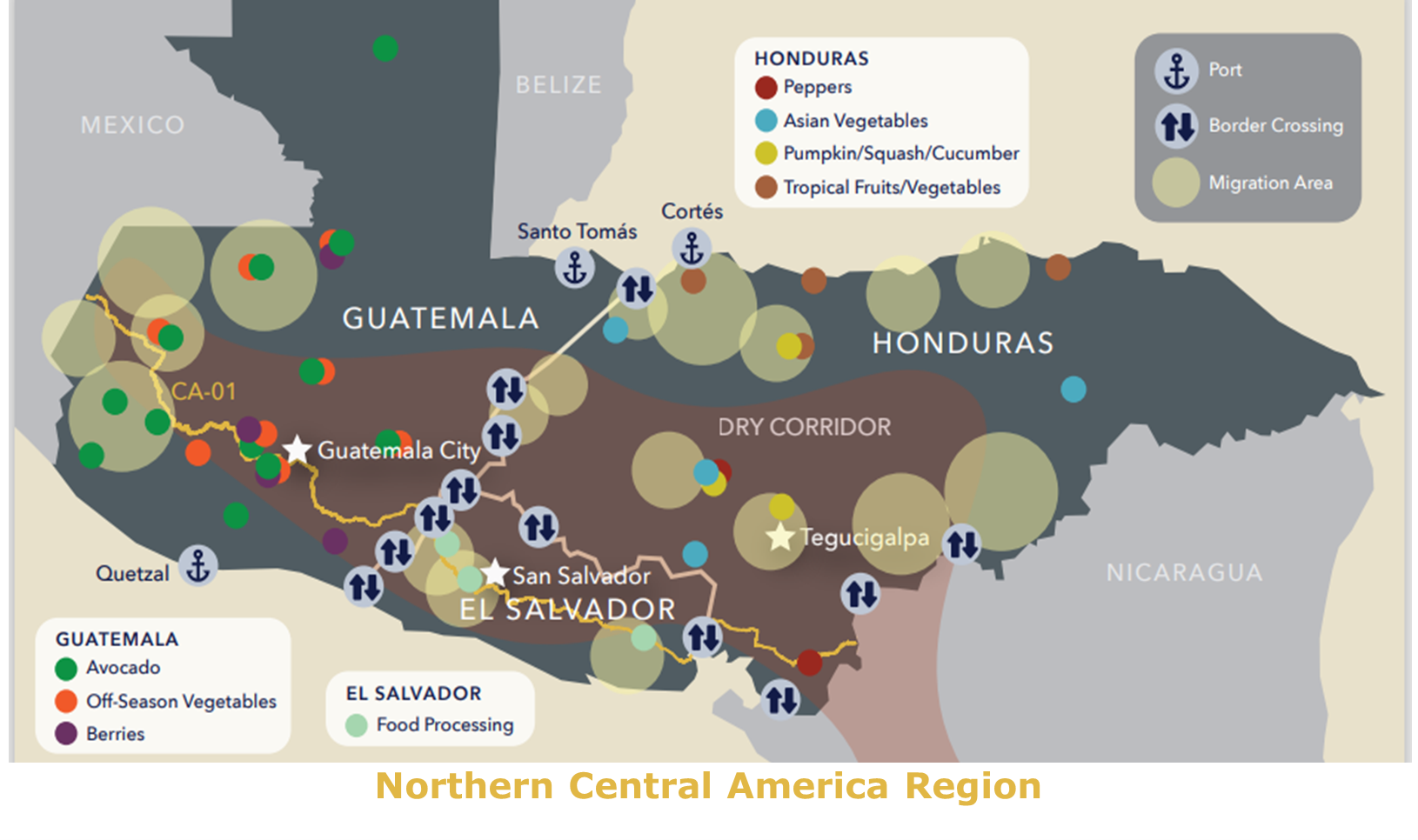USDA Food for Progress Agricultural Trade and Climate Smart Innovations (ATraCSI) Project

Objectives
The project aims to support 22,486 direct beneficiaries and 112,267 indirect beneficiaries by:
- Improving customs systems and procedures;
- Implementing measures under the existing TFA;
- Building institutional capacity for SPS;
- Strengthening SPS risk management systems and regional harmonization; and,
- Strengthening climate smart farm-level horticultural value chains to curb economic pressures for migration.
Summary
The U.S. Department of Agriculture Food for Progress-funded Agricultural Trade and Climate Smart Innovations (ATraCSI) project will help address root causes of migration via a holistic approach to trade via the horticulture sector. The project will focus on implementing international and risk-based Sanitary and Phytosanitary Regulations (SPS) measures, implement measures under the existing World Trade Organization (WTO) Trade Facilitation Agreements (TFA), and assist in strengthening Climate Smart Agriculture (CSA) through development and transfer of agriculture technologies that focus on effective, sustainable, and environmentally friendly use of agricultural resources which focus on the high value horticulture value chains in El Salvador, Guatemala, and Honduras.
Implementation Team
The project is implemented by IESC together with Union of Exporters from El Salvador (COEXPORT), Guatemalan Association of Exporters (AGEXPORT), Honduran Foundation for Agricultural Research (FHIA), Center for International Private Enterprise (CIPE), Purdue University, and World Food Logistics Organization (WFLO).
Funder: United States Department of Agriculture (USDA) Food for Progress
Period of Performance: 2022 – 2027



